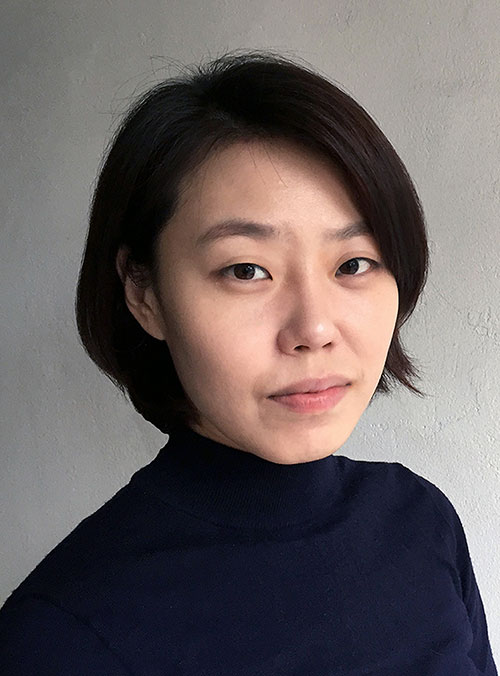Photosynthesizing Dead in Warehouse
CHA Jeamin
- Korea
- 2024
- 30min
- G
- DCP
- color
World Premiere
Synopsis
Wooden boxes topped with glass tubes sit in an empty house that has been uninhabited for a long time. The scene evokes an isolated art museum, a resource-depleted near future, or a private house under interior construction. As the fruits on the boxes decays, the imagery is interspersed with letters exchanged with someone studying paintings of the nine stages of decay.
Review
This film unfolds along two interconnected axes. The first documents the decomposition process of plants in a sterile, cloth-covered room reminiscent of a morgue. The second follows a letter from a Japanese researcher studying death, addressed to the director who seeks to witness paintings of the Nine Stages of Decay. As the film diverges from the initial quest to view the paintings in person, it transforms into a visual embodiment of the nine stages of decay themselves, meticulously observing the death of plants step by step. Much like the Buddhist paintings of the Nine Stages of Decay that connect existence, death, and meditation practice, this film—evolving into "plant version depiction of the Nine Stages of Decay"—intertwines death and decay with life and vitality. It powerfully demonstrates that the energy of decaying plants is as vigorous as that of living ones. The flourishing mold and emergence of fruit flies amidst plant decay vividly illustrate the cyclical nature of existence: how death brings forth life, and how life, in turn, invites death.
Director
-

CHA Jeamin
Born in South Korea, 1986. Cha Jaemin is a media artist and filmmaker who explores how social structures and institutions intervene in the body, emotions, and ethics of care. His works—often essayistic in form and based on video installations—visually articulate the layers of materiality, transience, and unstable sensations.
Credit
- Cinematography LEE Seongtaek
- Editor CHA Jeamin
- Sound KIM Guenchae


